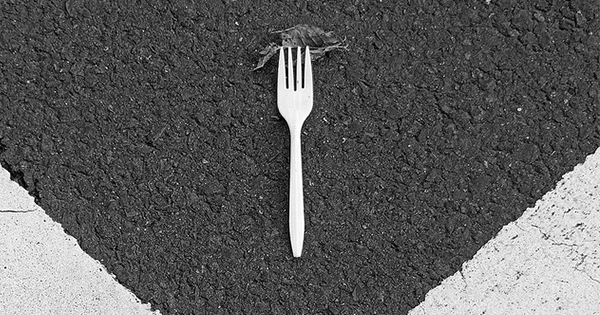
In Jorge Luis Borges’ story, “Borges and I,” the Argentinian writer draws a distinction between his ordinary self and his writer persona: “The other one, the one called Borges, is the one things happen to. I walk through the streets of Buenos Aires and stop for a moment, perhaps mechanically now, to look at the arch of an entrance hall and the grillwork on the gate; I know of Borges from the mail and see his name on a list of professors or in a biographical dictionary.” Similarly, Susan Sontag wrote in her diaries how tired she was of her ostentatious public self, this shrill “Susan Sontag” who had little to do with her quiet inner core. I do not have this problem: the writer in me has merged with the private self to such an extent that I can no longer see any difference between the two. But I continue to be haunted by the various people I might have been, had I taken a different vocational course when it was offered me.
In junior high school I sang in a Hebrew choir, and was told I could become a cantor if I played my cards right. One incentive offered me was that, if I went into the Army, I would not have to fight, but could stay behind the lines performing liturgical duties. This carrot did not strike me as sufficient motivation—in high school I had lost my faith (if indeed I ever had any). So I entered college a pre-law candidate, assuming that, since I was argumentative, I could make a living as an attorney while writing on the side. However, the siren song of literature pulled me away from the courtroom, and I decided to take my chances scribbling.
I was movie-mad as a young man, and fantasized becoming a filmmaker. Unfortunately, I hadn’t a penny. The one short film I was able to make, thanks to funds provided by the cameraman’s father, showed me the vast difference between a critical appreciation of cinema and the ability to render three-dimensional scenes in two dimensions convincingly onscreen. If I had had the good sense to be born into the upper middle class, I might have persisted in my filmmaking attempts, but as it was, paper, pen, and typewriter proved to be more within my means.
In one of the several times I went into psychotherapy during my 20s and 30s, one of my doctors told me that I would make a good therapist. He offered to help me apply to a program. The trouble was, I could not envision sitting on my rump eight or nine hours a day listening to other people’s problems. If I could have concocted a peripatetic approach to therapy, I might have taken that route. As it was, I had already ruled out the possibility of medicine because I couldn’t stand the sight of blood—evidenced by my almost fainting each time blood was drawn from me. (I later learned that that response was common among premed students, and that there were ways to circumvent the problem.) At a loss for what I might do to earn a living, I took what was known as a Vocational Apperception Test. It turned out I would make a good manager—of what, it almost didn’t matter. No thanks, I told myself: I am a poet, an artiste.
Years later, when I was a professor at the University of Houston, several of the senior faculty went on leave, and it fell to me to serve as Acting Director of the Creative Writing Program. I did a good job during the semester, calling upon what I now saw were my innate managerial skills: a combination of swift decision-making and humane treatment of students and staff (which usually meant bending the punitive rules instead of worrying that doing so might start a bad precedent). At the end of my term of service, I was offered the permanent job of director, with the suggestion that it might well lead to ascending the ladder of university administration. But the fact that I was good at managing did not mean I had an obligation to become a lifelong academic bureaucrat, and I turned down the offer.
Over the years, I have been asked to apply for jobs as a federal arts official, a museum curator, and the editor of a film magazine. I thought hard about each one before declining. Now I wonder about these doppelgangers, these other clones who might be running around town: Lopate the cantor, Lopate the lawyer, Lopate the corporate boss, Lopate the psychotherapist, Lopate the editor. Are they the impostors, or am I? I feel their hot breath on my neck as I sit in conference with a student listening to her problems, or direct the nonfiction program at Columbia, or sing lustily along with the cantor during the High Holidays, or edit a friend’s manuscript, or make out my will. Although I have found minor ways to integrate shards of the various selves I might have been, I occasionally ponder or regret the roads not taken. If such a thing as metempsychosis exists, it might provide me my only chance to be reborn as one or another of these precipitously discarded selves. But with my luck, and given my sins in this lifetime, I will probably return as a rat.

